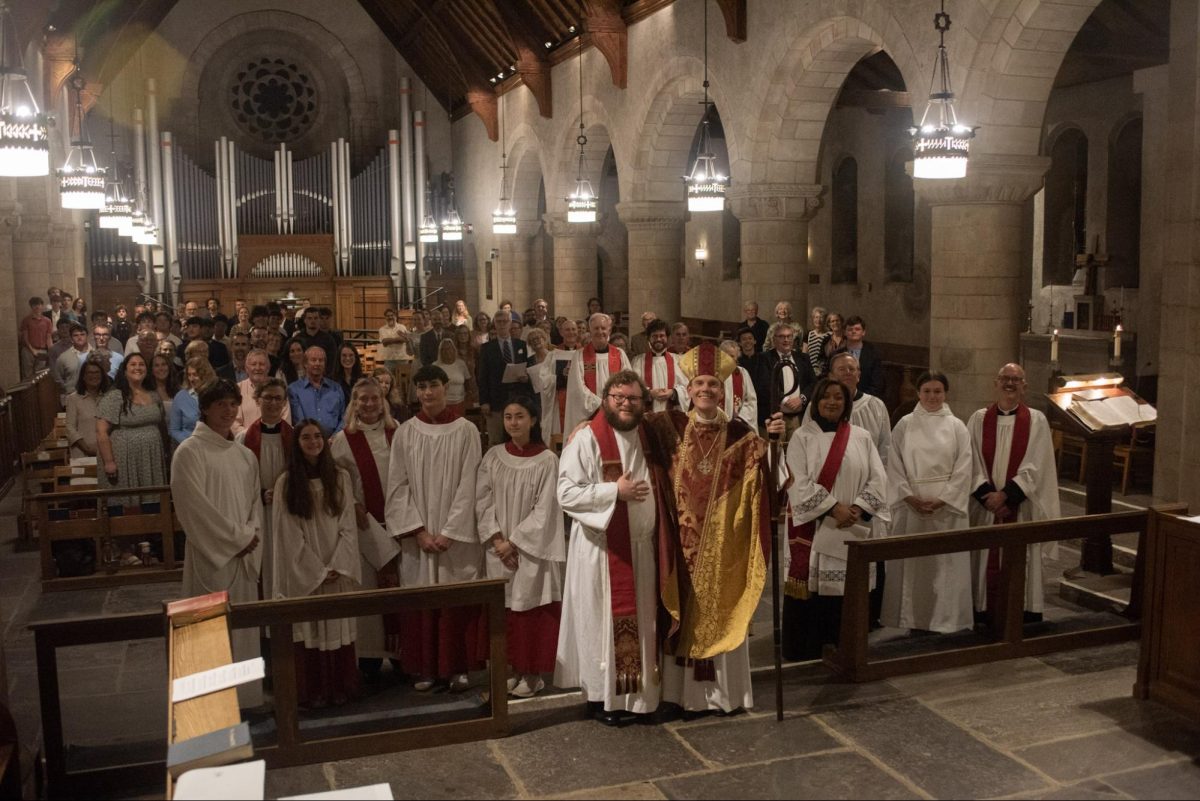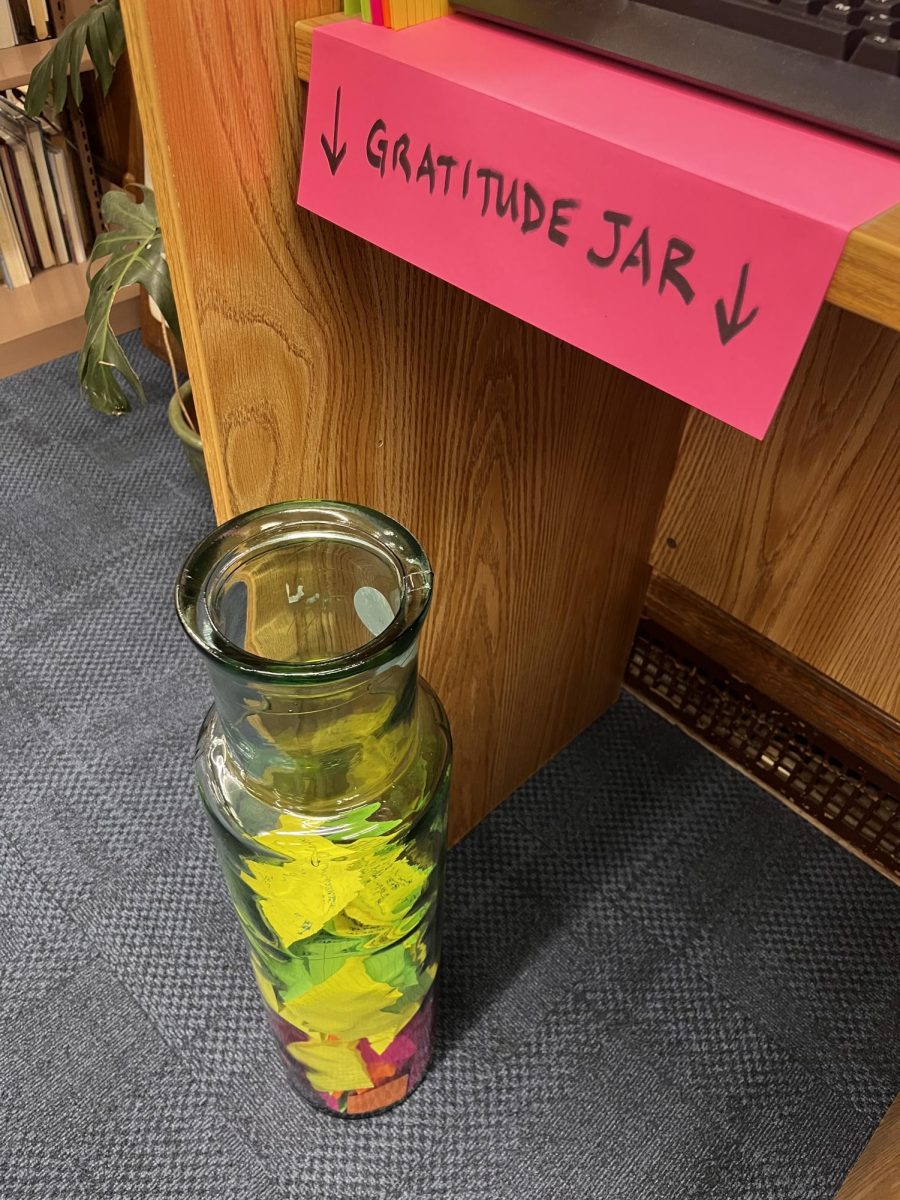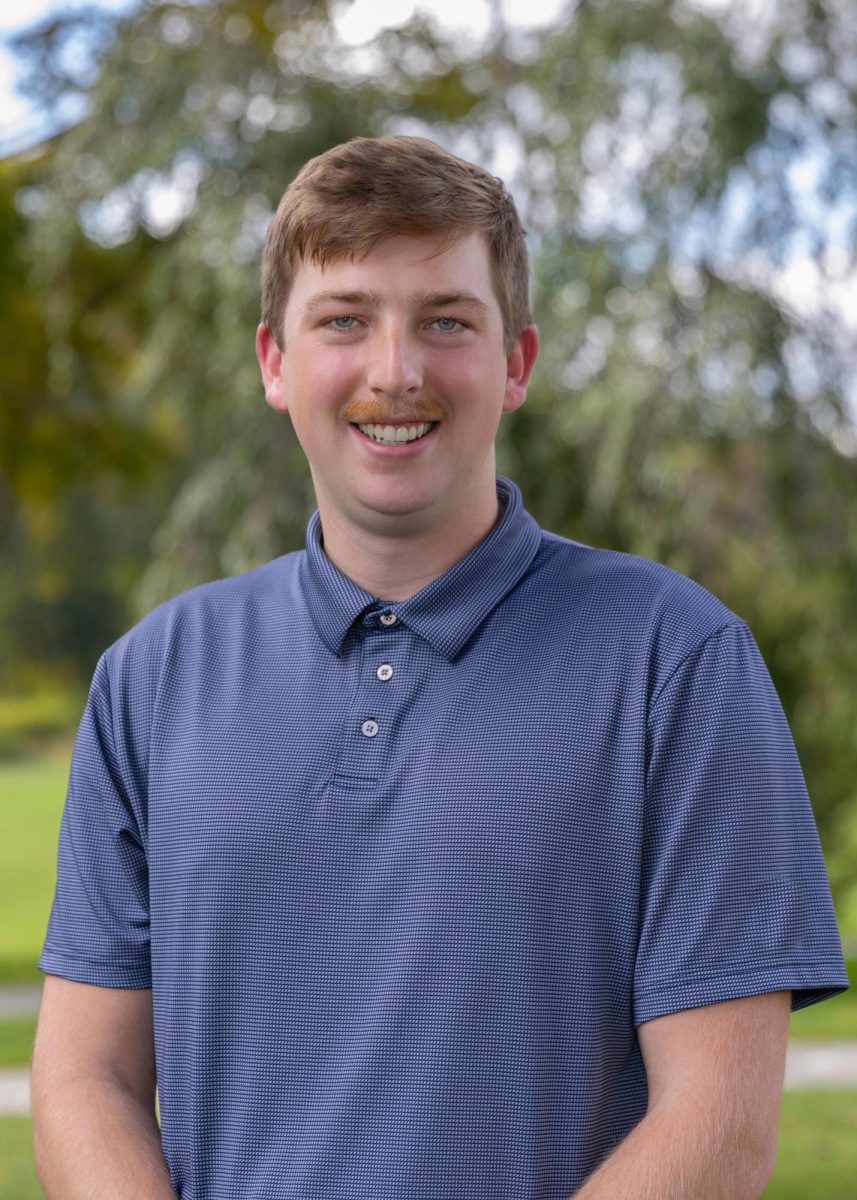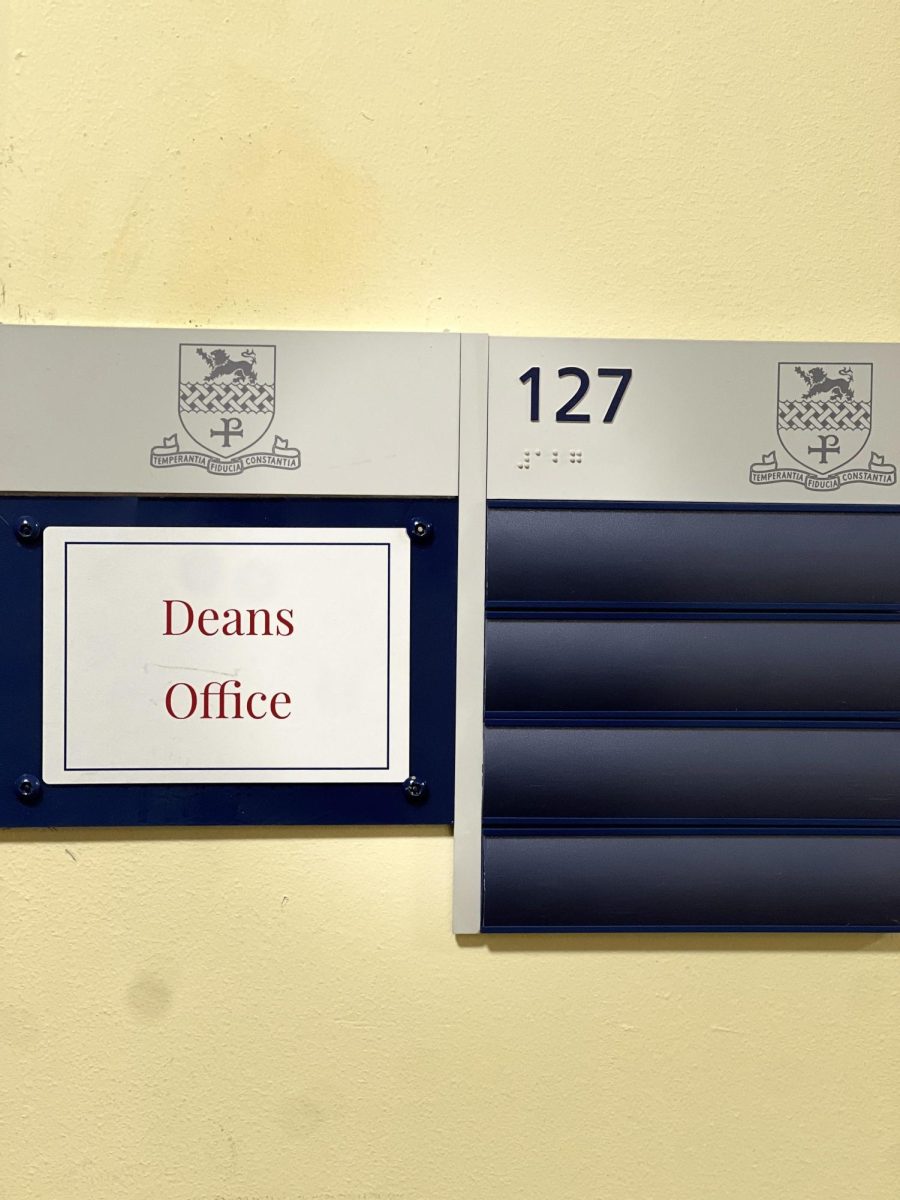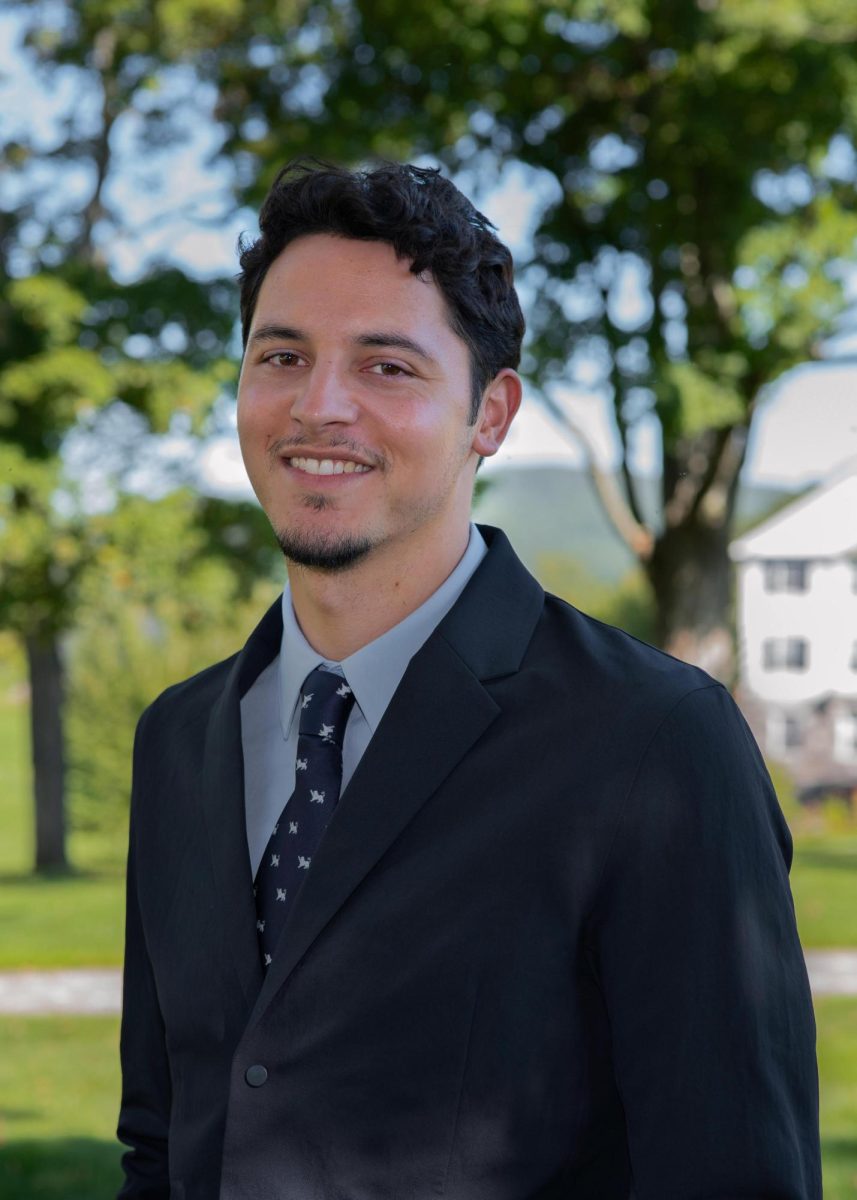With each new school year comes the exam week, an anticipated period of stress and exhaustion for students to test their academic abilities. This year, however, several different initiatives have been put in place to rework the exam schedule for the better.
In previous years, exams were administered each term; mid-year exams were conducted once in the fall and again in the winter, with a final exam in the spring, resulting in a total of three exams per year. Most major and yearlong courses (Classics, Mathematics, English, History, and Modern Languages) gave these exams. The majority of these exams come in the form of a writing test, while some departments may choose to assign a different project. Last year (22-23), with the new rotating block schedule introduced by Head of School Mr. Hirschfeld, exams were generally given chronologically in the order of blocks A to G, with the exception of Spring Term which assigned exam days based on subject. These exams could account for up to 25% of students’ grades, depending on the class, which can cause immense stress on the student’s end. This year, however, with the student’s mental and emotional wellness more in mind, the school began an endeavor in last year’s Spring Term to develop possible changes for exams.
Two main changes were ultimately made to the schedule. First was the introduction of a semiannual exam schedule. Rather than exams being held after each term, exams would now be composed of one midterm in Winter Term and one final at the end of Spring Term. Furthermore, instead of midterms and finals being orchestrated for all major course subjects, now midterms would only be given for Classics, Modern Language, Mathematics, and Science classes, which would generally account for only 10% of a students’ final grades.which is composed of the fall, winter, spring, midterm exam, and final exam grades. Midterm exams only affect a student’s final grade in a given course, rather than affecting indicator or term grades.
Dr. MacNeil, the Academic Dean at Kent, the department heads, and the faculty members have worked together with hope to balance these two sets of priorities in the new exam schedule during its development. Dr. MacNeil explains: “Some departments feel really strongly about timed exams or graded assessments of long term student learning, while other departments feel that presentations and projects and other forms of assessment are actually better.” He adds, “The pro-exam faction were the Classics and Language departments and math and science–very skill-based disciplines. The others–the humanities and arts–tended to prioritize things like essays and presentations.” This, paired with students’ reports of feeling stressed and anxious during exam week, resulted in the curation of a schedule that aims to promote both a greater sense of wellness and only requires the rigid timed-exam format for departments/subjects that relied on it for students’ long-term learning.
The second change was the addition of workshops during the exam period which Dr. Kearney, Kent’s Director of Wellness, proposed. She stated, “One of the best things for [students] during exam week, or just stressful weeks, is this idea of disconnecting and trying something new, or just trying something very wellness related.” They would run simultaneously with exam week in students’ free blocks. After Dr. Kearney’s coordination with faculty members who volunteered to lead workshops, sign ups were released to the student body to select from. Topics ranged from financial literacy to knitting to outdoor meditation/journaling to card games (i.e. Bridge), giving students the autonomy to explore new activities and unwind from the tension of exams, or pursue an existing hobby to de-stress.
Many systems are being changed and improved at Kent; exam scheduling is merely one of these developments. Still, there is one question plaguing the minds of many students and faculty members: is this new exam schedule here to stay? “We haven’t really harvested feedback yet, though we are planning to,” Dr. MacNeil says, “but the feedback I’ve gotten certainly from most students was that it was a welcome change from an intensive exam week. They enjoyed the fact that they only maybe had 3 exams instead of 6. They enjoyed the longer classes instead of big assessments, as well as the workshops.” However, he does remark that there is room for improvement and that it is something that Kent would be able to continue building on next year. Dr. Kearney adds a similar positive sentiment, describing how she hopes the workshops continue: “I think that anytime we can expose [students]–it doesn’t even have to be during an assessment week–[to] the opportunity to try something new…is so important,” considering one’s well-being.
This growing endeavor of wellness and mental health is beginning to encompass all aspects of life at Kent. Community Life course seminars, presentations from powerful speakers like Chris Herren and Kaleb Joseph, and new exam schedules are only the start of these greater, meaningful initiatives at Kent.



